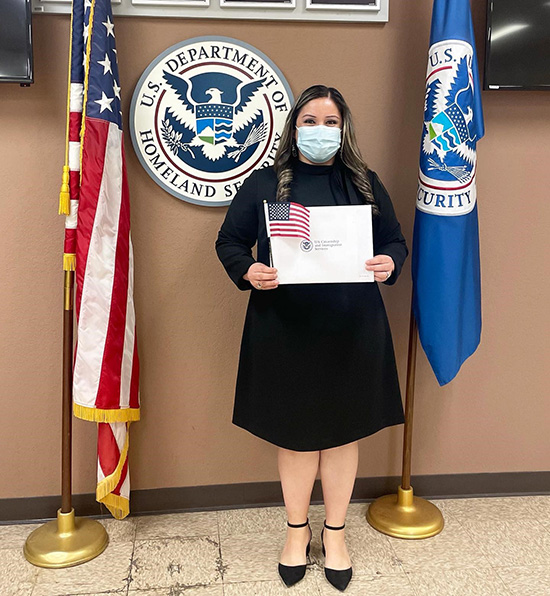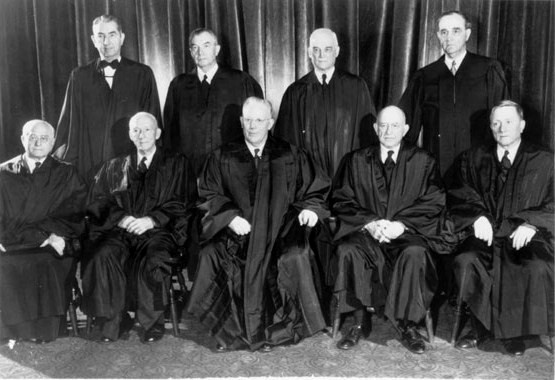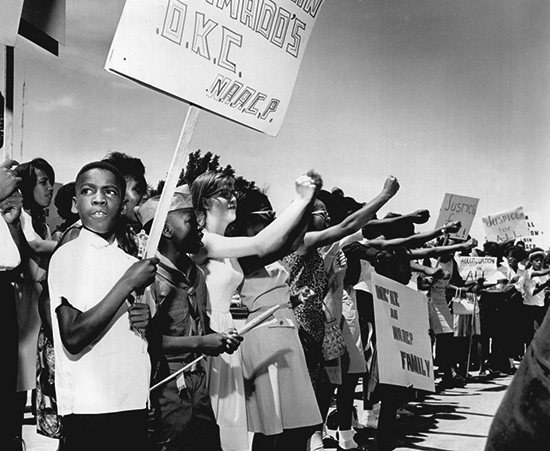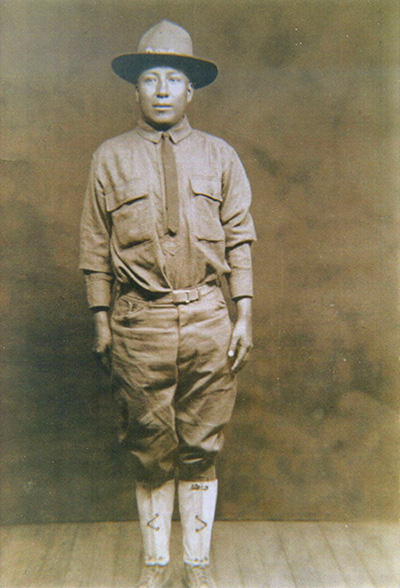
Government
Citizenship: Rights and Responsibilities
What is a citizen?
A citizen is a full member of a country. A citizen is supposed to show allegiance to their country and must not engage in behavior that may threaten their country. In return, the government of that country must protect that citizen from harm. Citizens have rights and responsibilities in their own country that they will not have if they go to another country. What those rights and responsibilities are can vary from country to country. For example, in Australia, citizens are required by law to vote in every election. Many countries require their citizens to serve in the military for a period of time.
The idea of citizenship has changed over time in the United States. For example, before the Civil War, people in the United States understood the assigning of citizenship as a state responsibility. During the Reconstruction period this changed, and the idea that a person was a citizen of the United States rather than an individual state became a part of the Constitution with the ratification of the fourteenth amendment.
Who can be a citizen?
In the United States currently, anyone born in the US is a citizen. Other individuals, such as children of US citizens born outside of the country, may gain citizenship through a process. Many of the citizens in the US are naturalized citizens. Naturalization is the process an immigrant to the United States goes through to become a citizen. The requirements an individual must meet to naturalize have changed significantly over history. As of 2022, a person born in another country who moved to the US can naturalize if they meet these requirements:
- They must be eighteen or older
- They must have lived in the US as a permanent resident for five years, or
- They must have lived in the US as a permanent resident for three years and be married to a US citizen, or
- They must have served in the US military
However, even individuals who meet these requirements may not be allowed to naturalize. Once the individual makes the application to naturalize, they will have a personal interview with an officer from US Citizenship and Immigration Services. Then, they must take tests to demonstrate that they know English and have studied US history and government. If they pass, then they participate in a citizenship ceremony where they give their Oath of Allegiance to the United States. The Oath of Allegiance is a statement by a person that they will support the Constitution, that they will not support another country over the US, and that they will help if the US is attacked by another country.

Oklahoman Yovana Medina completed her naturalization process in January 2022 (image courtesy Yovana Medina).
What are the rights of citizenship?
Constitutional rights
During the Constitution’s ratification process, many people were concerned that the federal government had been given too much power. They wanted to ensure that Americans knew that the federal government could not go beyond its stated powers, and that there were some actions the federal government could never do. The framers made the Bill of Rights a part of the Constitution to make clear that the government had limited powers and that US citizens had rights that could not be taken away.
These rights reflect many of the major objections the Framers had with the British system they lived within as colonial subjects. Still, the protections of the Bill of Rights continue to be debated and litigated today. The first amendment prevents the government from interfering with citizens’ ability to speak, publish, gather with others in support of an issue, and publicly demonstrate their beliefs. The first amendment also protects people from the government supporting a specific religion. It also makes clear that people can practice their religion without interference from the government. The second amendment protects the right to bear arms. The third amendment prevents the government from forcing people to house soldiers. This was a major complaint during the lead-up to the American Revolution. Amendments four through eight prevent the government from using the criminal justice process in several different ways, such as limiting how the police can do searches, how trials must be conducted, and what punishments can be applied to people who break the law. The ninth and tenth amendments restate that people may have rights not spelled out in the Bill of Rights and that the federal government has limited power.
When the Bill of Rights was added to the Constitution, it was understood that the limitations of the Bill of Rights were placed on the federal government. After the fourteenth amendment was added to the Constitution, most of the limitations on the federal government in the first ten amendments were also applied to state governments.
Due process of law and equal protection
The fourteenth amendment is very important in the evolution of citizenship in the United States. It makes citizenship national rather than at the state level. It also established citizenship for those who were born in the United States, with the exception of most tribal members. This is known as birthright citizenship. It was passed during Reconstruction in response to the effort of several southern governments to severely limit the rights of Freedmen after the passage of the thirteenth amendment. Southern governments passed a number of laws, together called the Black Codes, that banned Black people from voting, having firearms, moving when they wanted, and testifying against a white person in court. Concerned that Freedmen were being restricted to a life similar to what they experienced during slavery, the US Congress introduced and approved the language of the fourteenth amendment.

The US Supreme Court’s 9–0 decision in the 1954 landmark case Brown v. Board of Education stated segregated schools violated the equal protection clause (image courtesy Library of Congress).
What responsibilities do citizens have?
Citizens have many rights they can count on; at the same time, citizens are expected to participate in their communities and in government. The people of the United States decided that participating in the community and decision-making is how the country can work best for the most people, so those are the responsibilities of being a citizen.
Voting
Many citizens have the right to vote, but not all do. Who should be allowed to vote has been a consistent question in American politics, and the groups of people who have been granted the right to vote have expanded over time. Four amendments to the Constitution protect the right to vote for different groups of people. The fifteenth amendment protects the right to vote for Black men. The nineteenth amendment grants the right to vote to women. The twenty-fourth amendment bans poll taxes, which was a way to keep poor people from voting. The twenty-sixth amendment extends the right to vote to people aged eighteen and older.
Paying taxes
In order for the government to do what the people need it to do, it needs money, so it must tax its people in a variety of ways. It is the responsibility of citizens to pay their taxes.
Other kinds of civic participation
There are a number of ways a person can meet their responsibility as citizens. Helping with decision-making is one category of activities a person can explore to try to be an active citizen. Some of the ways a person can do this are running for office, making phone calls for a candidate, getting signatures on a petition, and encouraging others to support a cause. One of the most important is communicating with your elected officials because they want to know what their constituents would like them to do on issues. Letting them know what you think helps them do their jobs.
Another way a person can meet their responsibility as citizens is to make sure other people are taken care of. Checking in on elderly neighbors during bad weather, raising funds for nonprofits, and volunteering your time are all ways you can be an active citizen. Some Americans serve their country by joining the military.

One way people meet their civic responsibilities is by protesting, a right that is protected by the first amendment (2012.201.B0927.0744, OPUBCO Photography Collection, OHS).

Tobias William Frazier (Choctaw) was a Code Talker in World War I (22190, Oklahoma Historical Society Photograph Collection, OHS).

